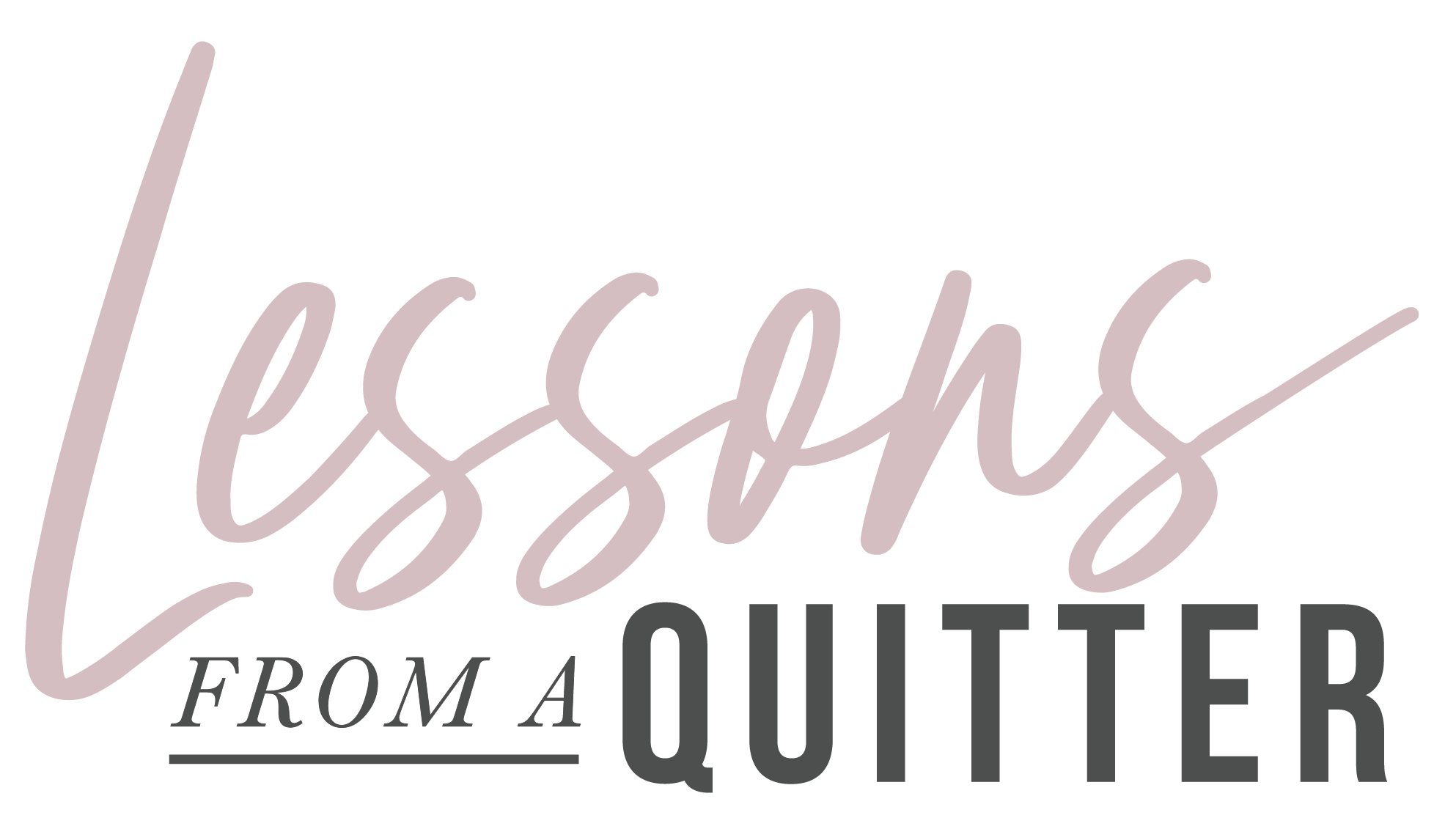Last week, Andrew Luck, the star quarterback for the Indianapolis Colts, made the life-altering decision to step away from the NFL after a seven-year career. If you’re not a big NFL fan, you might not understand the magnitude of his decision. So let’s take a look at exactly what he walked away from:
Like most people in professional sports, Luck has been playing the sport for most of his life. A star player in both high school, in Texas where football is akin to religion, and college, at one of the best football programs in the nation at Stanford, Luck quickly rose as one of the best players in the nation. He entered the NFL as the number one draft pick in 2012 and continued to shine as one of the best players in the league.
Though he was sidelined with injuries over the last couple of years, Luck, 29, is in the prime of his career. Most star quarterbacks play well into their mid-30s. Had Luck stayed, which almost everyone expected him to do, he would have made close to $60 million dollars on his current contract and potentially hundreds of millions of dollars on future contracts.
Yet, instead of entering another year as one of the highest-paid athletes in the world, Luck put on a masterclass on honesty, introspection, and prioritizing personal well-being. The quarterback announced his voluntary retirement last week, citing unhappiness and mental anguish as the causes of his departure.
Not only was Luck walking away from the only identity he had known for most of his life but from a team that relied on him, an organization whose future was based on him, and tens of millions of fans who felt entitled to his service.
Not surprisingly, the news of his retirement prompted a wave of backlash from fans and fellow players alike. Many felt that Luck’s reasons were a “cop-out” and felt an overall sense of abandonment. In the last preseason game following the news, fans booed Luck by the tens of thousands. Critics shamed him for a fleeting work-ethic and ungrateful nature.
Anyone who has quit a career has felt the sting of words from people who don’t understand. In fact, most of us stay stuck because of that very fear. The inability to deal with the potential of letting other people down or the criticism that comes from going against the grain has kept many of us living a life we hate. Luck showed, through his courage to stay true to himself in the face of an angry mob, that nothing can be gained from listening to anyone’s intuition but your own.
Many will argue that Luck’s decision to quit wasn’t that difficult because he was already a multi-millionaire. While he clearly doesn’t have the same financial worries as the rest of us, assuming other people’s situations are easier than ours is just an easy excuse to let ourselves off the hook. If you believe that walking away from hundreds of millions of dollars, a legacy of being the best at your sport, and the perks that come with it, is easy, you clearly don’t understand human psychology.
Our brains are hardwired to seek. In modern society, that function has translated to a never-ending pursuit of seeking more: more money, more power, more accolades, etc. Even though the story of the depressed/suicidal famous person is one we all know well, we are always baffled when someone in Luck’s position chooses to walk away. That is because the vast majority of people wouldn’t have the strength to quit an opportunity to seek more of what most could only dream of regardless of how it affects their well-being. Hence, why so many people in high-paying jobs– whether it be athletes and entertainers or lawyers and doctors–stay even when it causes a massive toll on their personal lives.
What Luck did shows an immense amount of courage, for which he should be praised. He was strong enough to put his own well-being first, buck society’s expectations of him, and quit.
If a star quarterback can walk away from a multi-million dollar contract and face criticism on a huge scale, we can all harness our doubts and fears and put them toward something productive. We can take a chance on things not panning out as we imagined and open ourselves up to new possibilities. We can walk away from the only identity we’ve known and carve out a new one.
Quitting a career is hard regardless of if you’re working a part-time job or playing in the NFL. The loss of identity, future earnings, and certainty can be crippling. Better the devil you know than the devil you don’t, right? What Luck has modeled through his courageous act is that there is nothing more important than figuring out what is in your best interest and sticking to it – uncertainty and all.


